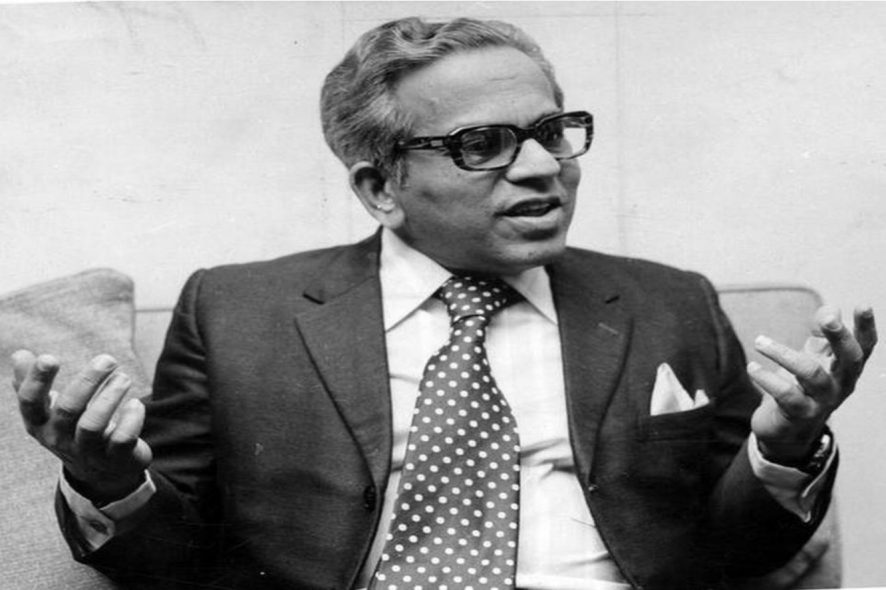The day marks as the death anniversary of former Chief Justice of India, Hon’ble Mr. Justice Y.V. Chandrachud who was born in Poona on 12-07-1920. He graduated with History and Economics in 1940 from the Elphinstone College, Bombay and had obtained his law degree in 1942 from ILS Law College, Pune. He enrolled as an advocate in High Court of Bombay in 1943. He was a part time professor of law in Government Law College, Bombay, from 1949 to 1952. He was appointed Judge, High Court Bombay, on 19-03-1961 and Judge, Supreme Court, on 28-08-1972. He was appointed the Chief Justice of India on 22-02-1978 and he was the longest serving CJI in India’s history at 7 years and 4 months and retired on 11-07-1985.
His son, Hon’ble Dr. Justice D.Y. Chandrachud who is currently acting as Judge, Supreme Court recalls that he was alert till his last breath and even after retirement in 1985, he was actively involved in mediation and arbitration. He has several times mentioned as to how his father had a special place for criminal law in his heart and how the former CJI’s verdicts served a reformative role rather than only serve the “penological purpose.”
A true jurist, he was known to be a liberal judge and for his path breaking judgments.
His landmark judgments include:
- Minerva Mills Ltd. v. Union of India [(1980) 3 SCC 625] where he had laid down how a balance between fundamental rights and directive principles had to be achieved.
- Gurbaksh Singh Sibbia v. State of Punjab [(1980) 2 SCC 565] clearly showed his empathy for criminal law where he had laid down the law of anticipatory bail. He had held that anticipatory bail must be left to judges who have the experience to take a wise decision.
- Mohd. Ahmed Khan v. Shah Bano Begum [(1985) 2 SCC 556] where he had ruled that divorced Muslim women were entitled to claim maintenance from husbands under the Civil Procedure Code, which overrides the Muslim Personal Law.
- Olga Tellis v. Bombay Municipal Corpn. [(1985) 3 SCC 545] where he had extended Article 21 (Right to Life) of the Constitution to slum dwellers, ruling that they had the right to a roof over their heads.
- While looking at the famous judgments no one can turn a blind eye towards the case of A.D.M. Jalbalpur v. Shivakant Shukla [(1976) 2 SCC 521] famously known as the ‘Habeas Corpus case’ which had famous for the wrong reasons, where he along with Justice P.N. Bhagwati, had decided that the right to life itself could be suspended during an emergency. He went on to become chief justice and later apologized for the decision. Justice Bhagwati also publicly repented for the same.
Did you know? In the recent privacy judgment, K.S. Puttaswamy v. Union of India, [(2017) 10 SCC 1] his son, Hon’ble Dr. Justice D.Y. Chandrachud found occasion to correct a historical wrong and held that the ADM Jabalpur decision was seriously flawed and ruled against it.
Suchita Shukla, Legal Editor has put this story together







